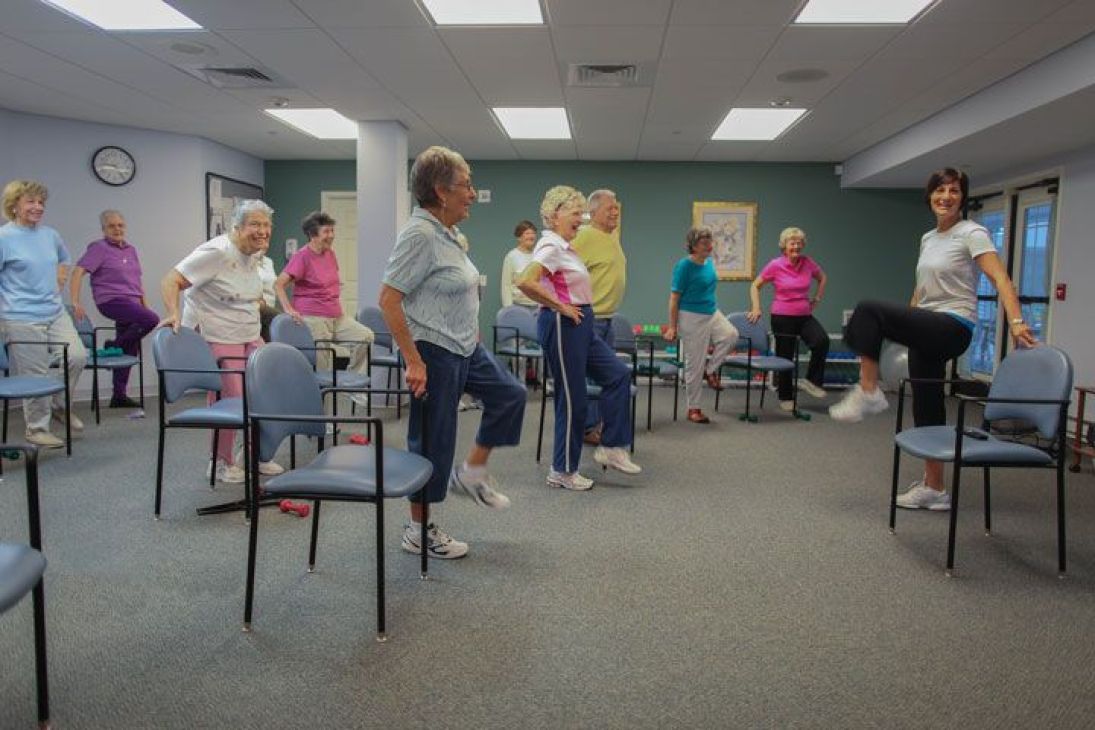
6 Healthy Heart Tips for Seniors
With February here, Valentine’s Day is coming up, and we’re surrounded by heart-shaped messages and merchandise. Also in February is the American Heart Association champions heart health. As the life force for the entire body, a healthy heart is particularly important as we age. Seniors need to be even more proactive than they were in their younger years to reduce the risk of heart-related conditions such as heart disease or heart attacks. Heart disease risk factors can be either hereditary or lifestyle:
-
Hereditary conditions include high cholesterol, diabetes and a family history of heart disease or angina. Your doctor is a crucial component in monitoring the status of your heart and the necessary measures to protect it. Never hesitate to see a doctor if you feel something related to your heart is out of the norm.
-
Lifestyle considerations for heart health include staying active, eating healthy, quitting smoking, alcohol in moderation and stress reduction.
Stay Active
Moderate physical activity is good for any senior’s physical and emotional health. Even a simple walk around the block every day will ensure that blood flow is continuous and the heart isn’t struggling when the need to perform a physical act arises. Seniors who are beginning any new exercise routine must start off slowly. Jumping hastily into a rigorous workout at an older age can put unnecessary stress on the heart and lead to serious complications.
Nix Unhealthy Habits
Smoking increases heart rate and clogs major arteries. Over-consumption of alcohol can have a similar impact on the heart as alcohol constricts blood vessels causing the heart to work twice as hard to pump blood throughout the body.
Eat Thoughtfully
Have a well-rounded diet and make smart food choices. Reduce your intake of trans fats and instead eat more vegetables, whole grains, seeds, nuts and other foods that won’t raise your
cholesterol and blood pressure. This will also help you maintain a healthy weight. Extra weight on the body makes mobility more difficult and puts additional pressure on the heart.
Manage Stress
Stress is one of the leading causes of heart-related complications. Stress can cause hormone spikes that negatively impact cardiac function. Try to limit negativity, hostility, and distress in your life. Engage in calming and soothing activities –meditation or yoga, for example. A trend growing in popularity among adults is coloring –yes, in a coloring book!
Know the Symptoms of Heart Disease
It’s important to know the symptoms of heart disease –for yourself and your loved ones. Have regular exams and routine tests as both a preventative measure and to gauge the status of your heart over time. Chest pain, fatigue, increased heart rate or any other heart-related symptoms should be addressed IMMEDIATELY. Women often have different warning signs than men. Speak to your doctor to better understand what to look out for and what should be considered an emergency when experiencing certain symptoms.
Know your numbers
Regularly test and keep track of your numbers:
-
Blood pressure
-
Blood sugar(glucose)
-
Cholesterol (both HDL and LDL)
-
Body Mass Index(BMI)
Lastly, keep your heart health in mind all year long, not just in February. To learn more about Masonicare’s continuum of senior living and healthcare services, please contact the Masonicare HelpLine at 888-332-0033 or info@masonicare.org

